I lost 4-5 kgs without exercising in 2 months
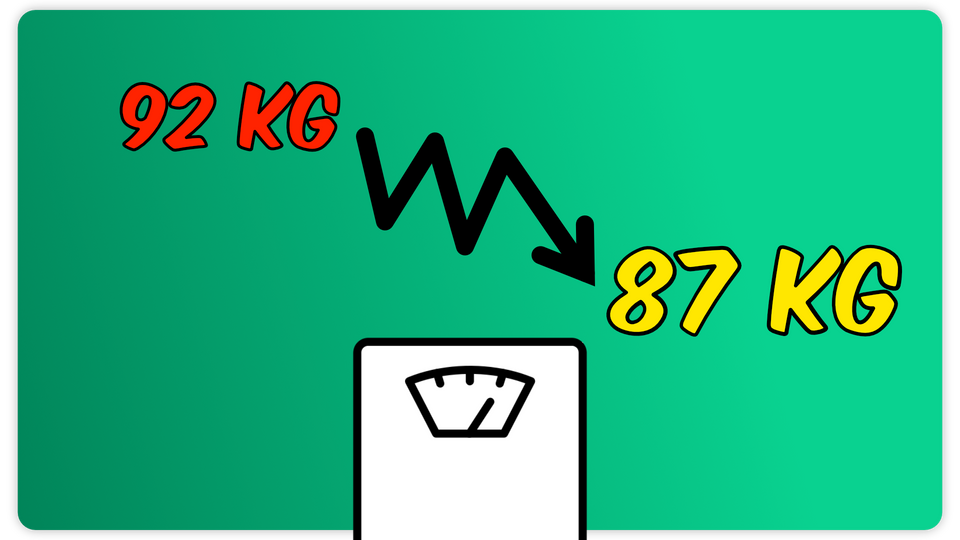
👋 Hey,
Before 2019, I was a relatively fit person. Weighing 80 kg and was semi-active, doing weekly sports.
Then, COVID-19 hits.
From 80 kg, I gained 12 kg, making me 92 kg post-covid. I did not feel good about myself.
So 2, months ago, I said, "Enough, I want to change how I eat, look and feel". So, my wife and I reached out to Felicia Wong to start our fitness/nutrition journey. Felicia is a Startover Coach, meaning she helps those who need guidance on starting over their fitness, nutrition and lifestyle in general.
I went from 92 kg to 87 kg without exercising and kept eating what I loved. We learned so much from her during our program!
Here are 5 takeaways from my weight loss journey:
- Mindfulness
- Order less takeouts
- Portioning
- Understand nutrients and eat your veggies!
- Support and accountability
Let me explain.
1. Mindfulness
The what and when.
The What: 2 of the biggest problems I had were uncontrollable desire for snacking and sweet drinks. To avoid feeling guilty, I used to consume alternative snacks and drinks like biscuits and 0-calorie drinks, like Pepsi Black.
I have since learned to appreciate fruits as a snack. They are sweet and keep you full for a while because they are packed with fibre.
The when: When asked about how to curb sweet beverage intake, I was shocked that my coach told me to drink the original Pepsi or Coke instead of the diet versions. Just NOT EVERYDAY.
Now, I drink OG carbonated drinks every 2-3 weeks or so. I find myself not craving them as much as before. And most importantly, I don't feel guilty popping a can of Coke if I was served one at events or gatherings.
Having a 2-litre bottle of water by my side helps a lot, too - there's not a time when I feel thirsty enough to look for sweet drinks!
Inspirations for you:
(1) Find a few of your favourite fruits and start having them as snacks.
(2) Don't cut what you love 100%. Instead, lower the frequency of consumption and truly enjoy them guilt-free once in a while.
2. Order less takeouts
Before the program, we used to use on-demand food delivery like Grab almost every single meal! There were 2 problems with this:
1. I cannot control my portioning
2. I order whatever is fastest (at one point, I've ordered McDonald's for lunch for 4 days straight)
Portioning my own food has been the biggest driving factor for my weight loss.
Instead of ordering takeouts, I started going to mixed rice restaurants and scooping my own rice and dishes.
I unintentionally saved a lot of money doing this, too! My lunches used to be MYR 25-30, now it's 7-9 MYR. 3 times less!
3. Portioning
On the topic of portioning, I learned the importance of a balanced plate. In Malaysia, there's a visual technique on how to balance your meal on your plate. It's called "Suku-suku-separuh" or, in English, "Two Quarters and One Half".
Here's what it means:
On your plate, make sure that you have:
1 quarter of simple carbs like bread or rice
1 quarter of protein sources like chicken, fish or egg
1 half of fibre-rich food like vegetables and fruits
And that makes a whole plate. Refer to the image below:
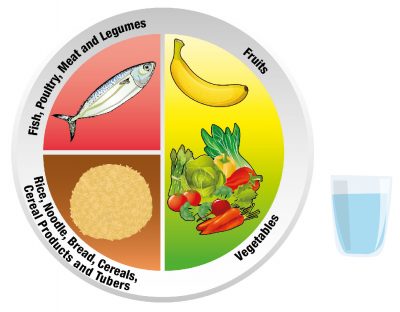
My meals have transformed from McDonald's to a well-balanced plate of local delicacies.
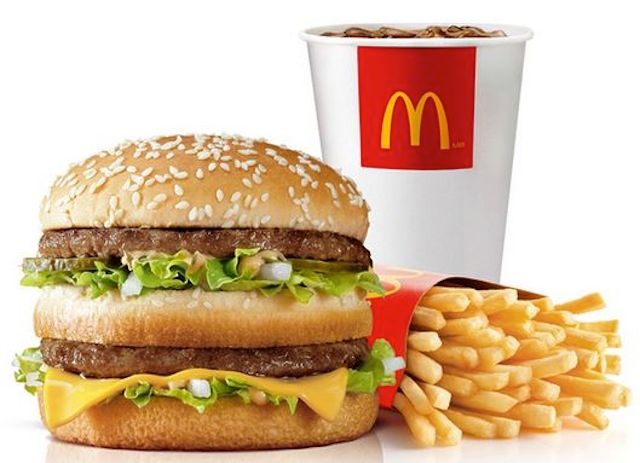
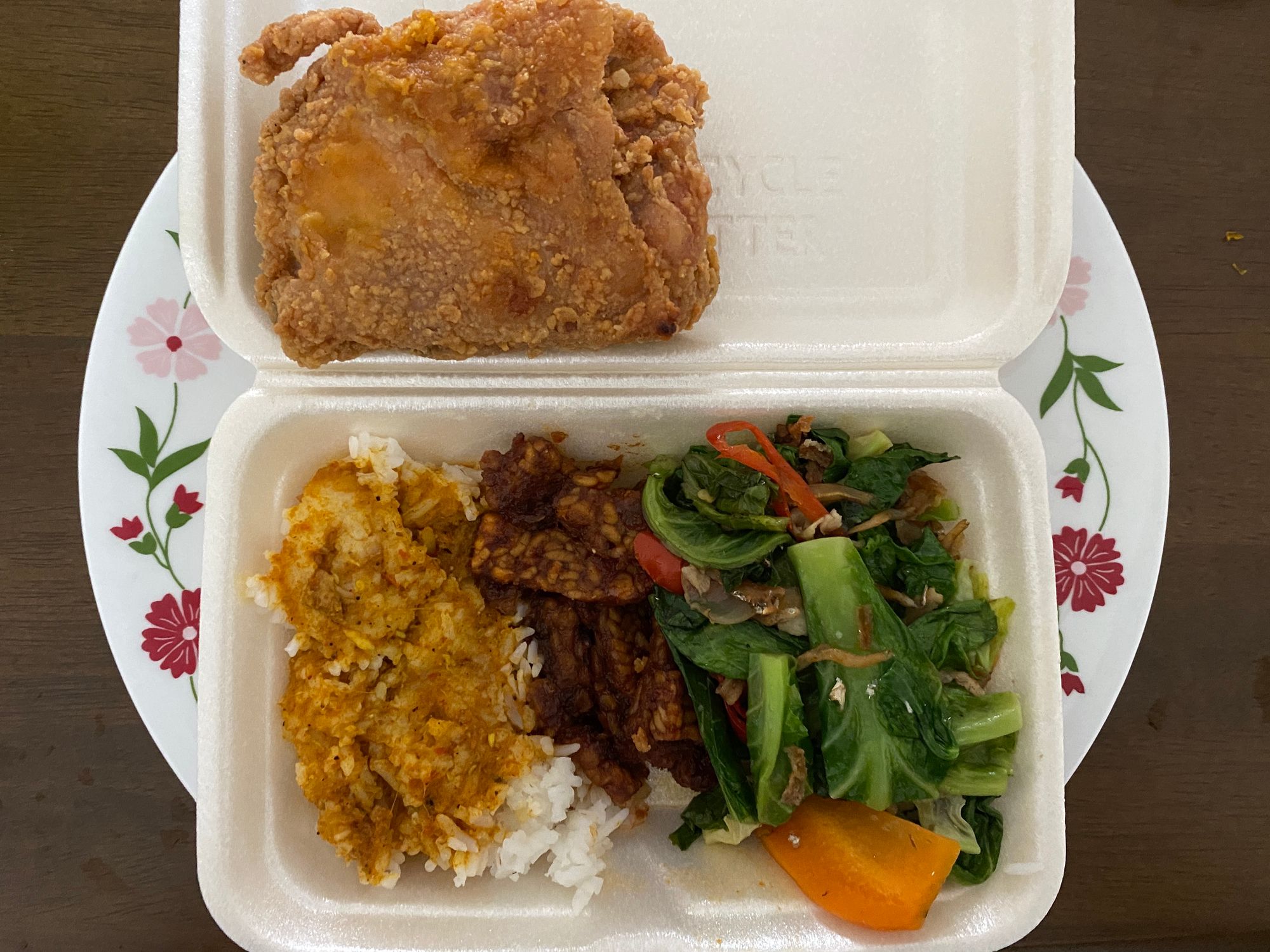
From fast food every day to well-balanced meals
And that segues perfectly into my next point:
4. Understand nutrients and eat your veggies
One of the reasons I reached out to Felicia was because I wanted to improve my relationship with food. Especially related to nutrients and my ideal intake. I wanted to learn what makes sustainable, healthy eating habits. One that I can continue practising into my golden years with my family.
And I didn't just want to try out diet fads like keto diet, intermittent fasting, and the like. Not that I think they are bad or don't work. Obviously, they worked for so many people. They feel "forced," and it doesn't seem like something I would do for decades.
Nutrients and requirements:
For me, I have been living a sedentary life. So the plan for me: Take less simple carbs, in my case rice.
Breakfast: My go-to is Nasi Lemak. I take a quarter portion of rice, with all the usual side dishes. Additionally, I also add on chicken for protein and vegetables for fibre.
Lunch: Mixed rice. 1 small portion of rice, 1 huge portion of vege, 2 proteins (usually chicken and tempeh)
Dinner: Usually I'll have a salad — Ceasar Salad with proteins, either chicken, salmon or beef. I know I don't need much energy at night, so I usually forego rice at all.
Snack: Fruits like banana, apple or watermelon. Sometimes, I'll may even have a small spoon of chunky peanut butter with cucumber or even on its own
I have reduced rice a lot since understanding that I do not require that much. And to be clear, RICE IS NOT EVIL. My sedentary life does not require as simple carbs as compared to athletes or labour workers.
Next, EAT YOUR VEGGIES!
Growing up, I'm sure we have heard advice like the above countless times!
Yet most of us grow up hating them. I don't know why a lot of people hate them, but in my case, I don't see the point of eating vegetables and fruits. I never understood why. I always feel like they do not make me full. It's the same whether they are on the plate or not.
But boy, how wrong I was.
How to feel full longer? Eat more fibre.
Where to get them? Vegetables and fruits.
Don't they taste bad? There are thousands of fruits and vegetables out there, there must be a few that satisfy you.
It's that simple.
Now that I understand this, vegetables and fruits are staples in my house (and my wife loves me more for this 🤣). I no longer have an aversion towards them. In fact, I get sad when a restaurant does not serve vegetables or serve very little of them.
5. Support and accountability
Last but not least, support and accountability. These are more important than I first thought.
I am blessed with a wonderful wife. We were both gym goers before COVID-19 hit, but both of us have stopped since. Gradually, both of us gained weight (I gained way more weight % as compared to my wife).
We always talk about becoming better. So when I proposed to her about the program as a couple, she immediately agreed.
In the sessions, we learned that we both have different goals; for me, it was more about having a better relationship with food. And for her, it was more about how to diet properly while still allowing her to breastfeed our baby.
The biggest lesson in doing this together is;
We both have different goals and requirements, and it's okay not to eat the same thing all the time.
We now feel comfortable ordering different food. Better yet, my wife rekindled her passion for cooking and has been cooking a lot! 🤤
On accountability, there are 2 types, first and foremost, to ourselves. The second is to our partners or coaches.
We did both by journalling what we eat. You may choose how you want to journal. It can be using a book, app or photos. Be creative! For us, we set up a chat group and send a photo to the group every time we eat. That includes snacks, too.
We send EVERYTHING. Even when we were having meals that were not as "healthy". Sorry Coach! 😆
Bottom Line
For me, I wouldn't say that we are doing a diet program because we have fully transformed our eating habits. Better yet, it is sustainable, and I can see myself doing this for years without having "diet fatigue".
In the words of the coach:
Our program so far has proven that to lose weight is not how much you burn. But the understanding of how our body works.
– Felicia Wong, health coach
What's next?
I did lose 4-5 kg without exercising; no clickbait there. But I started the program knowing that I would eventually start exercising once my body allows. Now I feel much better and ready to do the E word: Exercising!
I will start with brisk walking, then slow jogging and moving my way all the way to being able to enjoy my favourite sport again, lacrosse!
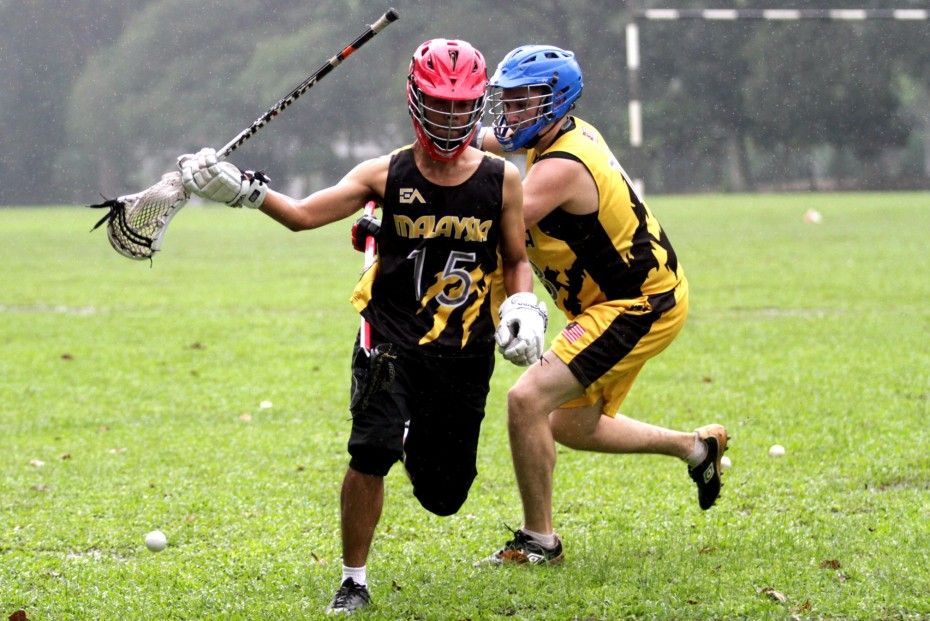
⭐️ A thank you to our Coach, Felicia!
Our lifestyle transformation would not have been possible without the guidance of Felicia. She takes time to understand our goals and does not pass any judgement at all. Every question we had was answered with clear reasons and actionable plans.
What I really appreciate about her coaching approach is that she doesn't impose strict dietary methods but rather takes a more holistic approach. Teaching concepts, reasons, and personalised action plans are just the tip of the iceberg.
We sincerely thank you, Felicia.
Reach out to her @thefeliciawong on Twitter/X.

There you have it, friends!
If you are starting or in this journey too, here's my advice:
- Enjoy the journey!
- Don't be rigid. Allow yourself to let loose. An anomaly once every 2-3 weeks won't affect your graph.
- Think long-term. Do something that can last a lifetime. Remember that fads will fade.
I hope this was helpful, and I wish you all the best!
Talk again soon! 👋






Member discussion